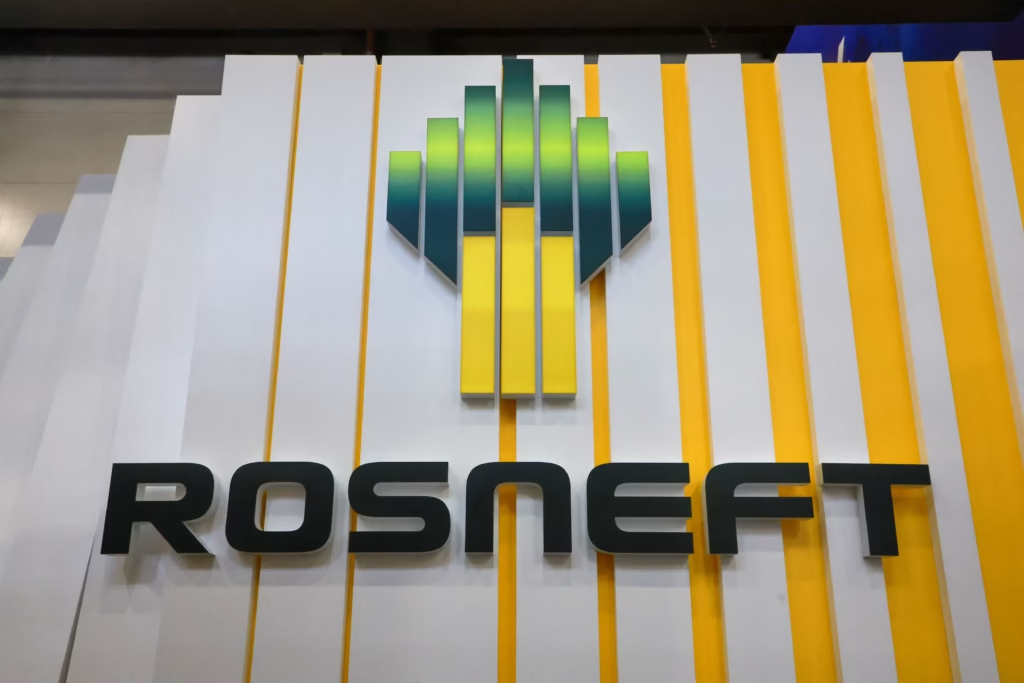Rosneft Dubai operations have become a central part of Russia’s largest oil company strategy to strengthen its position in the global energy market. Dubai provides a business-friendly environment, world-class infrastructure, and a strategic location at the crossroads of Europe, Asia, and Africa. For Rosneft, this city is not just a trading hub—it is a gateway to global markets.
In recent years, the company has expanded its activities to Dubai to manage oil exports, engage with regional partners, and navigate complex global trade dynamics. With geopolitical shifts and sanctions affecting international energy trade, Dubai offers a safe and efficient base for operations.
Rosneft’s Strategic Shift to Dubai
Rosneft’s decision to focus on Dubai reflects a broader strategy to secure alternative markets and trading hubs. Dubai has established itself as a global energy trading center, known for its transparency, efficient logistics, and access to ports and financial services.

By basing its operations here, Rosneft can continue supplying oil to major markets while minimizing disruptions caused by sanctions or political tensions. Dubai’s free trade zones and business-friendly regulations provide flexibility for structuring international deals and partnerships.
Establishment of Rosneft’s Dubai Office
Rosneft’s Dubai office serves as the nerve center for its Middle East operations. From here, the company coordinates logistics, trading contracts, and partnerships with refineries and distributors.
The office allows Rosneft to respond quickly to changes in global oil prices, market demand, and shipping conditions. It also provides a base for legal and financial operations, ensuring compliance with both UAE regulations and international trade norms.
Dubai’s Role in Russian Oil Trade
Dubai’s role in the Russian oil trade has grown significantly. Companies use the city as a hub to manage exports, purchase shipping services, and connect with regional buyers.
The UAE’s strategic location between major oil markets in Asia and Europe allows companies like Rosneft to reduce transit times and logistical costs. Dubai’s free zones, such as the Jebel Ali Free Zone, offer favorable tax structures and minimal bureaucracy, which make large-scale trading operations more efficient.
Logistics and Transportation Advantages
One of the key strengths of Dubai for Rosneft is its transportation infrastructure. The city boasts state-of-the-art ports, modern storage facilities, and a well-developed shipping network.
This infrastructure allows Rosneft to manage large volumes of crude oil efficiently, ensuring timely delivery to refineries and clients worldwide. The ability to consolidate shipments, coordinate vessel schedules, and handle complex logistics is critical for a company operating on a global scale.
Concealing Oil Origins and Market Navigation
While Dubai provides legal frameworks for oil trade, some companies in the region have developed ways to manage the origins of oil shipments carefully. By using advanced logistics and trading strategies, companies can navigate sensitive markets while maintaining regulatory compliance.
Rosneft’s Dubai operations benefit from these practices, enabling them to maintain international trade continuity despite sanctions affecting other routes. This flexibility is a key reason why Dubai has become central to Russia’s energy trade strategy.
Collaborations with Indian Refineries
A major pillar of Rosneft Dubai operations is its partnership with Indian refineries. India is one of the largest consumers of oil globally, and strategic agreements with companies like Reliance Industries have strengthened ties between the two countries.
These partnerships ensure a stable and predictable market for Russian crude. They also provide a platform for long-term growth and collaboration in refining and petrochemical projects. Through Dubai, Rosneft can manage these complex trade relationships more effectively, coordinating logistics, financing, and delivery schedules.
Adapting to Western Sanctions
Western sanctions have reshaped global energy trade, creating challenges for companies like Rosneft. In response, Dubai has emerged as a key hub for alternative trading routes.
By centralizing operations in Dubai, Rosneft can mitigate the impact of sanctions, secure shipping lanes, and maintain relationships with clients in Asia, the Middle East, and beyond. Dubai’s regulatory environment allows the company to structure transactions efficiently, keeping operations resilient amid global uncertainties.
Dubai’s Infrastructure Advantage
Dubai’s infrastructure is a major factor in Rosneft’s expansion. The city’s ports are equipped to handle massive shipments, its storage facilities provide secure reserves, and its logistics networks ensure rapid distribution.
Financial institutions in Dubai also play a critical role. They provide access to trade finance, currency management, and international payment systems, all of which are essential for large-scale oil trading operations. The combination of physical and financial infrastructure makes Dubai an unmatched hub for energy trade.
Legal and Ethical Considerations
While Dubai’s laws support oil trading, the international community closely watches operations involving Russian oil. Companies must balance legal compliance with ethical considerations, particularly in a market affected by sanctions and geopolitical tensions.
Rosneft’s Dubai operations demonstrate the importance of navigating complex legal and ethical frameworks. The company must maintain transparency, avoid potential conflicts, and ensure all activities align with international trading standards.
Market Impact and Strategic Benefits
Rosneft Dubai operations have a significant impact on the global oil market. By maintaining a base in Dubai, the company can respond rapidly to supply disruptions, market price fluctuations, and changes in demand patterns.
Strategically, Dubai allows Rosneft to diversify its client base, reduce dependence on traditional European markets, and strengthen ties with Asian and Middle Eastern buyers. The city also offers a platform for joint ventures, long-term contracts, and investments in refining and distribution networks.

Technological Integration in Operations
Modern energy trading requires advanced technology. In Dubai, Rosneft integrates digital platforms for trading, logistics, and monitoring shipments. Real-time data allows the company to optimize routes, track vessel movements, and manage inventory efficiently.
Technology also plays a role in risk management. By using predictive analytics and market simulations, Rosneft can anticipate price movements, plan shipments strategically, and minimize operational risks.
Future Outlook for Rosneft Dubai Operations
Looking ahead, Rosneft’s Dubai operations are poised for further growth. The company is exploring opportunities to expand its trading capacity, engage in joint ventures, and invest in regional infrastructure.
Dubai’s continued stability, robust logistics, and central position in global trade make it an ideal platform for Rosneft to navigate future challenges. As energy markets evolve, the company’s Dubai hub will likely remain a cornerstone of its global strategy.
Conclusion
Rosneft Dubai operations highlight the company’s strategic vision in a rapidly changing energy landscape. By leveraging Dubai’s infrastructure, business environment, and geographic advantages, Rosneft maintains a strong position in global oil trade.
This expansion ensures continuity, strengthens international partnerships, and allows the company to respond flexibly to market and geopolitical shifts. As Rosneft continues to adapt, Dubai will remain central to its global energy strategy, demonstrating the importance of strategic hubs in modern oil trading.
Do follow UAE Stories on Instagram
Read More: Travel Smart: Dubai and Sharjah Airport Hand Luggage Rules













